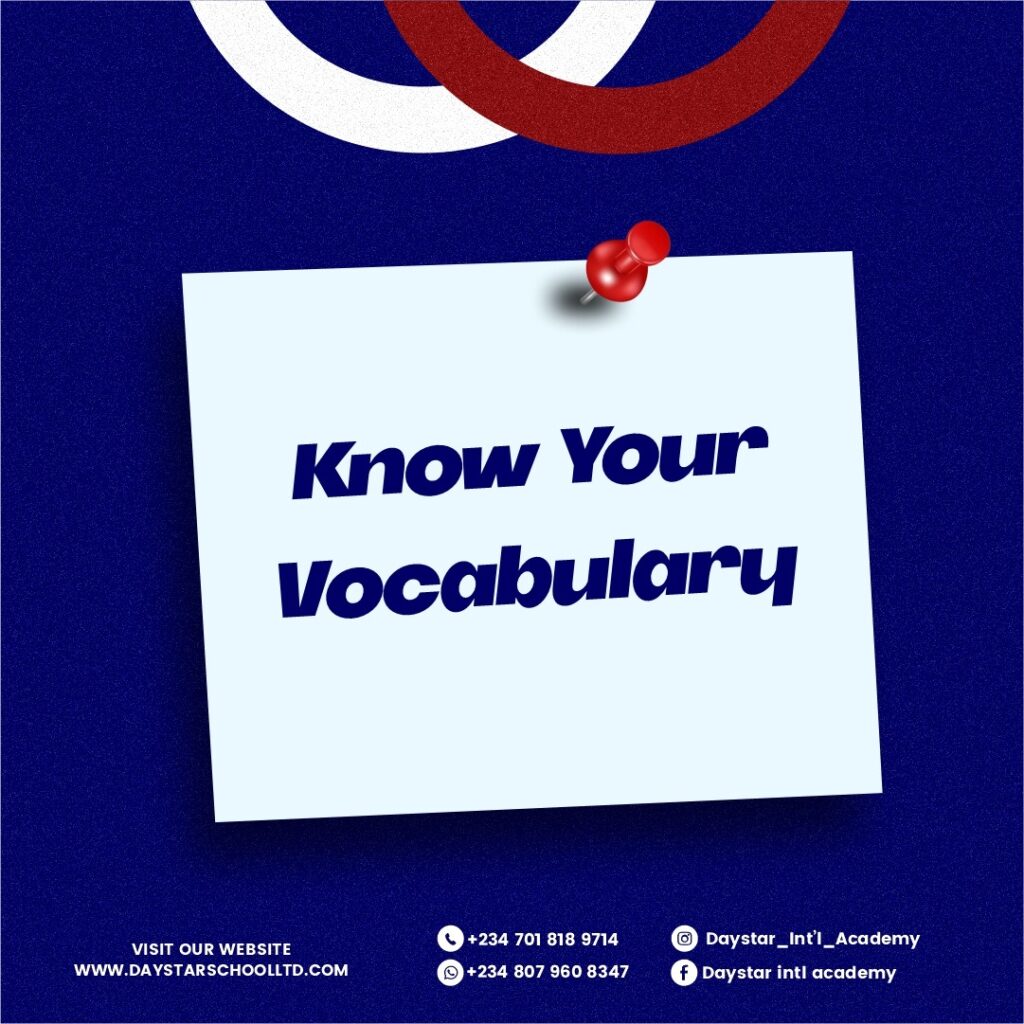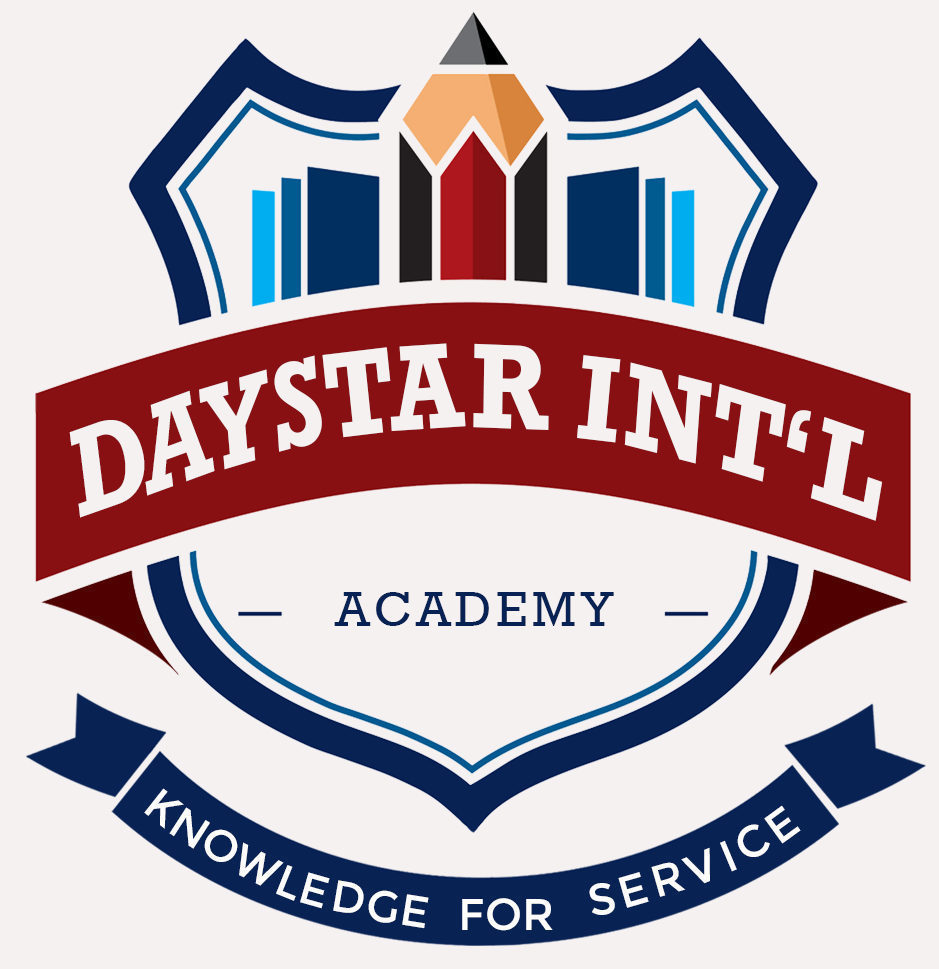
We live in a society where there is rampant misuse of words in the English Language. These wrong use of words do not just affect the way we speak, it also affects the way we write and interpret statements in English. As a parent who is particular about how your child speaks and wants to leave the crowd in awe when they voice out their opinions, this post would be very helpful.
Before we talk about these words that are commonly misused, we must understand that there are rules binding the use of words in the English Language, here are some of these rules.
- Some words are already in their plural form and shouldn’t be pluralized again when used e.g. Jeans, scissors, shorts, sheep, eyeglasses, Jewelry, information. This simply means it is wrong to say “informations, sheeps, jewelries” when referring to the plural form of these words.
- Pay attention to homophones: Some words are pronounced in the same way as others but have a different meaning e.g. their-there, here-hear, break-brake. To master these words, one has to put in the effort to try to practice them – only practice can make perfect.
- Use the right past form of verbs: Many verbs are irregular and do not follow the regular form of adding “-ed” to their base word e.g. Go- went, have- had, give- gave e.t.c. Knowing the past form of these irregular verbs would help avoid using them wrongly.
Here are some other individual words you should pay attention to as a learner:
- Pepperish: When speaking of food that has lots of pepper, it is wrong to say “the food is pepperish”, the correct form is ‘the food is peppery.’
- Lousy: When speaking of someone who talks too much, it is wrong to say “he is lousy or she is lousy” as the word lousy means (something repulsive or of bad quality). The correct form is ‘he/she is loudmouthed.’
With knowledge of this, be rest assured that at Daystar International School, we pay attention to all of these errors and are careful enough not to make use of them while tutoring your kids; tutoring kids that makes a difference both in speaking and in writing.

